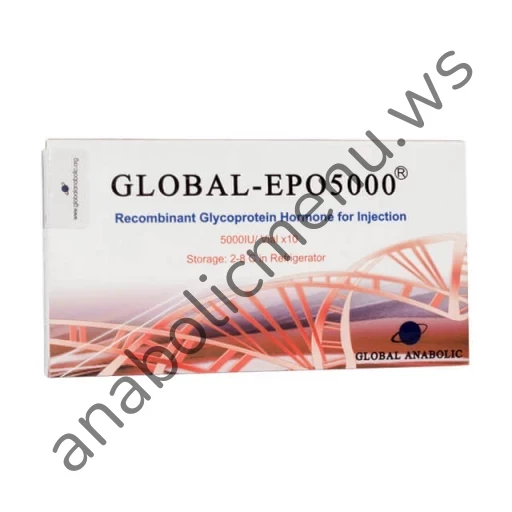
EPO Erythropoietin 5000IU Global Anabolic
Erythropoietin is a natural glycoprotein produced and secreted by kidneys, it regulates red blood cell production in bone marrow. Recombinant Human Erythropoietin (rhEPO) is used in the treatment of chronic renal failure(CRF), anemia specially caused by cancer.
Out of stock
Parameters
-
BrandGlobal Anabolic
-
Codegb-epo-5000
-
ChemicalRecombinant Human Erythropoietin
-
Strength
-
Size10 vials
Categories:
Recommended with this product
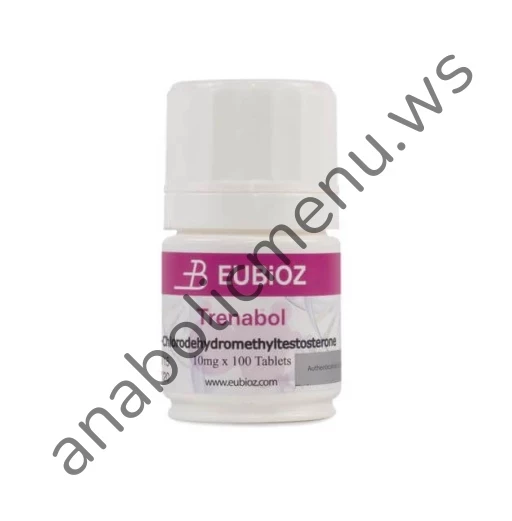
TBol (Turinabol, Trenabol) 10mg EU Bioz
Turinabol is an anabolic androgenic steroid hat was introduced by the germen com...
5
0 comments
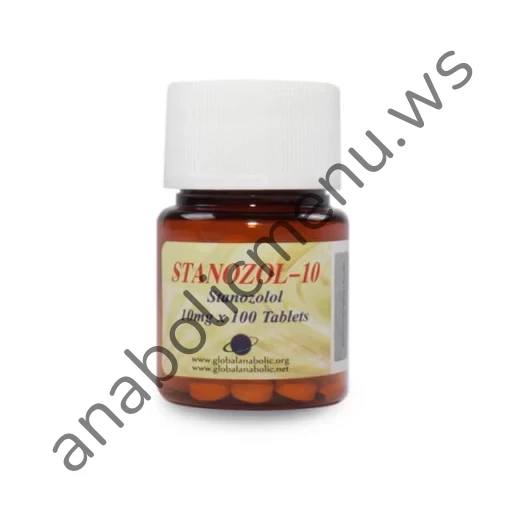
Stanozolol 10mg (Stanozol, Winstrol) Global Anabolic
Winstrol is one of the most famous anabolic steroids ever to hit the market. It...
0 comments
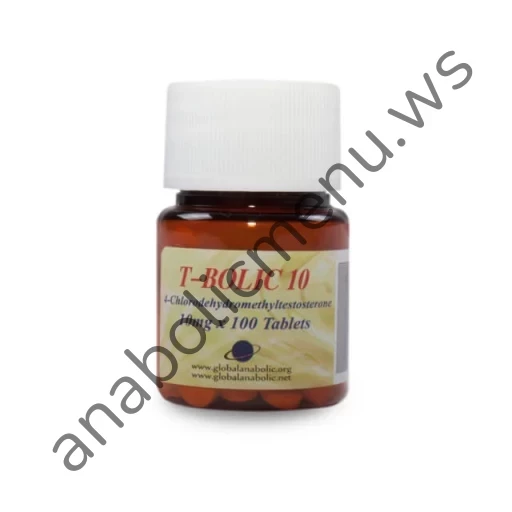
Turinabol (Turanabol, TBol) 10mg Global Anabolic
Turinabol is an oral Chlorodehydromethyltestosterone anabolic androgenic steroid...
0 comments
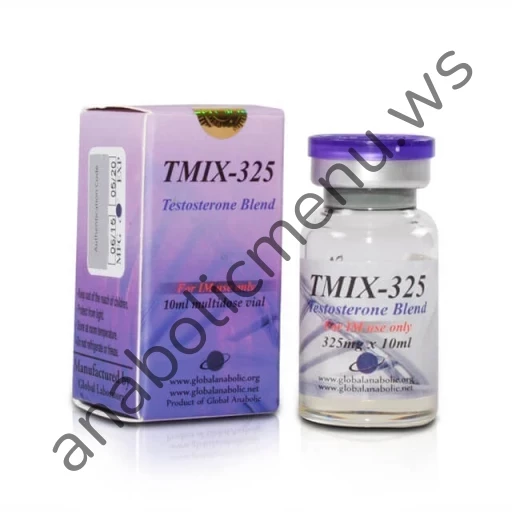
Testosterone Mix (TMIX 325) Global Anabolic
Testosterone mix 325 is a combination of the most popular testosterone forms kno...
0 comments
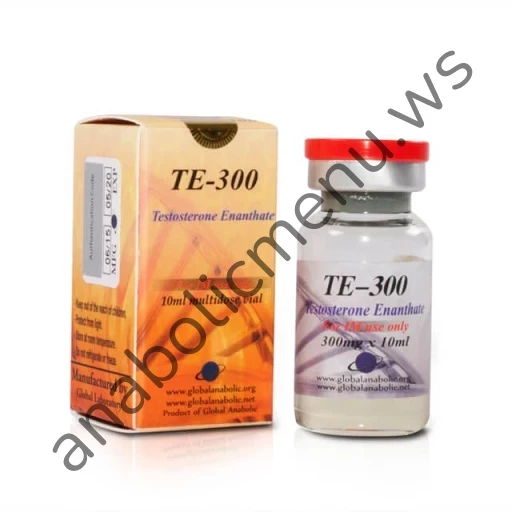
Testosterone Enanthate 300mg Global Anabolic
Testosterone Enanthate is a form of testosterone with a very slow release, in fa...
4
0 comments
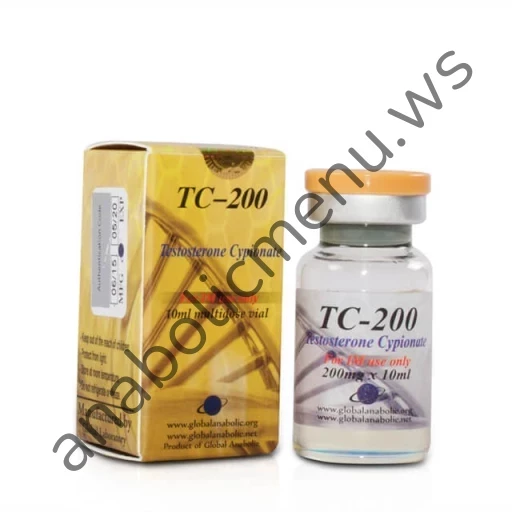
Testosterone Cypionate 200mg Global Anabolic
Testosterone Cypionate is one of the alternated forms of testosterone that has m...
0 comments
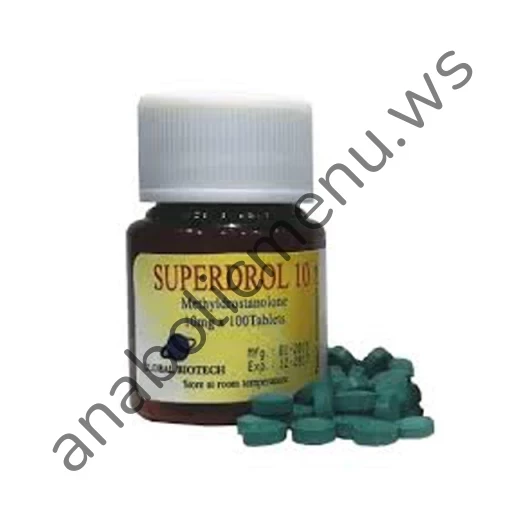
Superdrol (Methasterone) 10mg Global Anabolic
Superdrol is an oral anabolic androgenic steroid that’s almost similar to Master...
0 comments
SALE
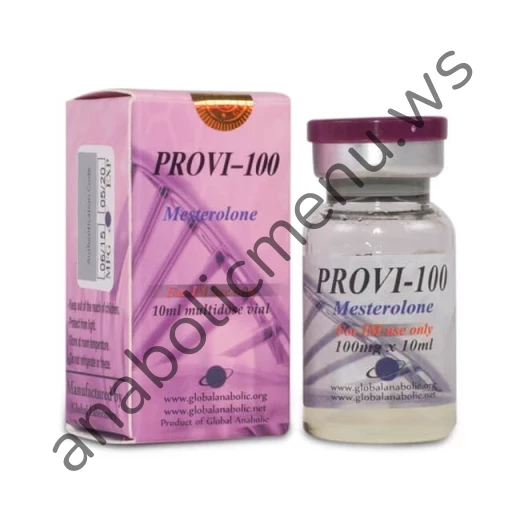
Proviron (Mesterolone) 100mg Global Anabolic
Proviron has a lot of good qualities that made it earn its place among strong an...
0 comments
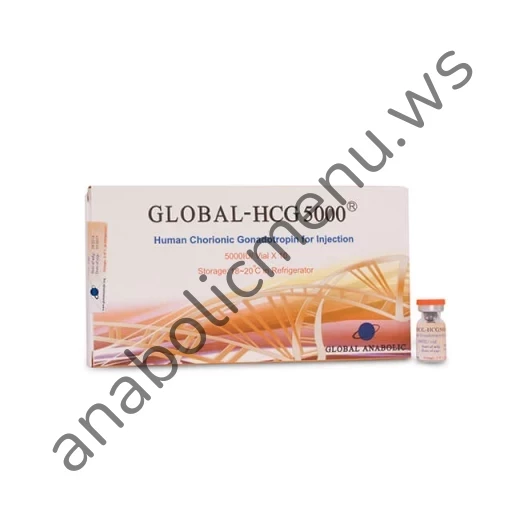
HCG 5000 IU (Human Chorionic Gonadotropin) Global Anabolic 10 vials
Human Chorionic Gonadotropic hormone or HCG is not a steroid as most of people t...
0 comments
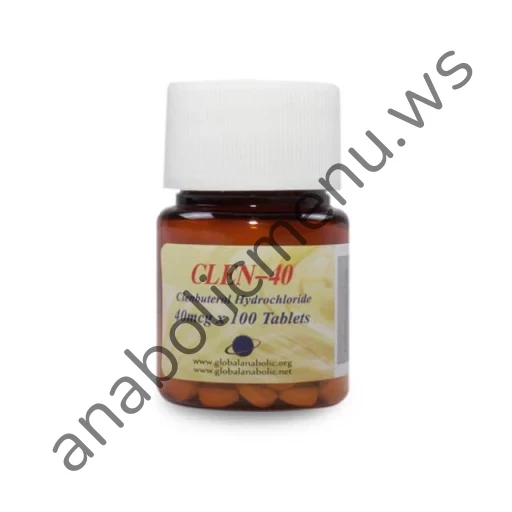
Clen 40 (Clenbuterol) Global Anabolic
Clenbuterol or “CLEN” is considered to be one of the most effective drugs used t...
0 comments